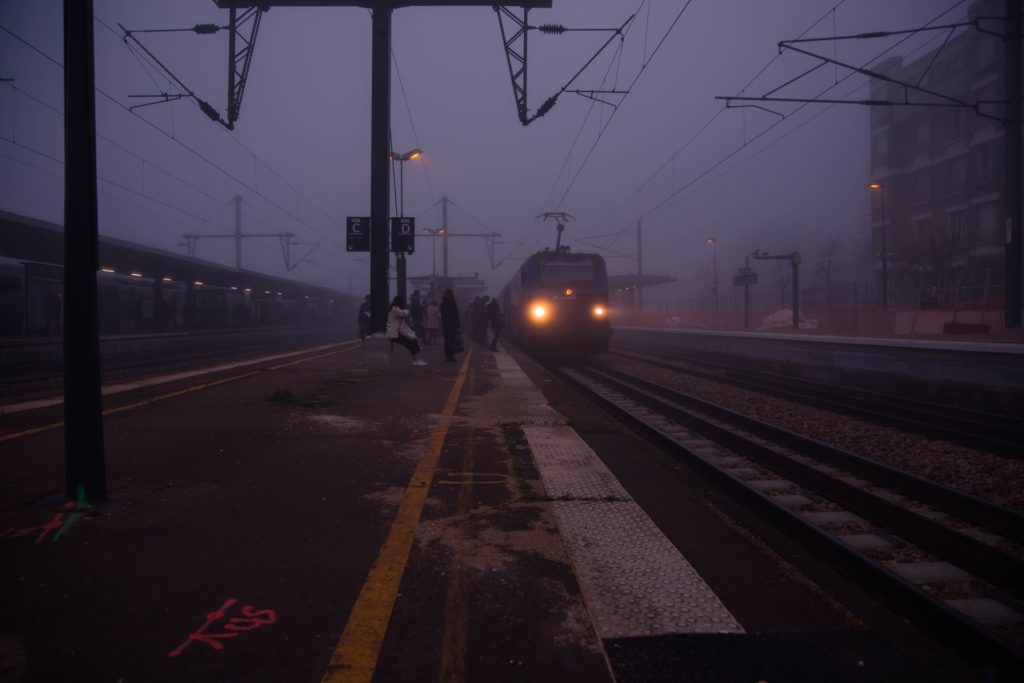Plans for a night train between Brussels and Malmö are being scrapped, despite having been given the green light by the Swedish government in July.
No night train operator has submitted a bid for the new connection, because the route is not covered by the benefits of a public service designation and is too long.
Swedish infrastructure minister Tomas Eneroth had said in July of 2020 that a night train should be operating by August 2022 at the latest, after the Swedish government allocated €30 million for rail travel in its annual budget.
They had planned on two night trains: one between Malmö and Brussels and a second between Stockholm and Hamburg.
But only the connection between Stockholm and Hamburg will actually take place, confirmed Back on Track Belgium, a citizens’ collective that pushes for more international train connections.
“With the Stockholm-Hamburg train, operators can take maximum advantage of the Swedish state aid that stops at the Danish-German border, with the Malmö - Brussels train much less so,” said spokesperson Alexander Gomme.
The collective says it’s disappointed that the promised connection between Malmö and Brussels won’t come into fruition after all.
“As long as the government, and certainly the Belgian government, does not define night trains as public passenger transport, many night train companies will ignore our country,” Gomme said, adding that Brussels is “perfectly situated to function as a hub” in a European rail network.
“Europeans are eager to travel again, and not necessarily by plane with too little leg room and noise,” they said.
“The large number of tourists is a sustainable source of income for the hospitality sector, the hotel industry and tourist attractions. It certainly pays off in terms of VAT revenue, employment and noise reduction around airports.”
Malmö is accessible by train from Brussels, but travel requires multiple connections and changes, making the journey a long and complicated one.
The Swedish government declared the connection to be in the “public interest,” as a train between the two cities would help to reduce the number of flights and therefore lessen the impacts of climate change.
In light of the disappointing news about it being scrapped, the Belgian citizens’ collective questions the likelihood of the Hamburg connection's feasability.
“The train's departure time will probably be 9:00 PM in Hamburg and the arrival time 10:00 AM. This is far too late to be attractive after a day's work, and far too late of an arrival time the next day,” they said in a statement.
“Those travelling south will arrive in Hamburg between 6:00 and 7:00 AM, very early. Why is this?”
They pointed out that night trains often face high rail charges, like a kilometre charge on some motorways, and that this prompts “Kafkaesque situations” as trains idle at stations just to avoid the steepest tolls.
“For example, the current Berlin-Stockholm night train stops for three quarters of an hour at the small station of Schwarzenbeck, 30 kilometres east of Hamburg, without allowing passengers to get on or off,” they said.
“The reason is ‘simple’: after about 23 hours, the cost of entry to the Hamburg station drops. It’s nonsense!”

